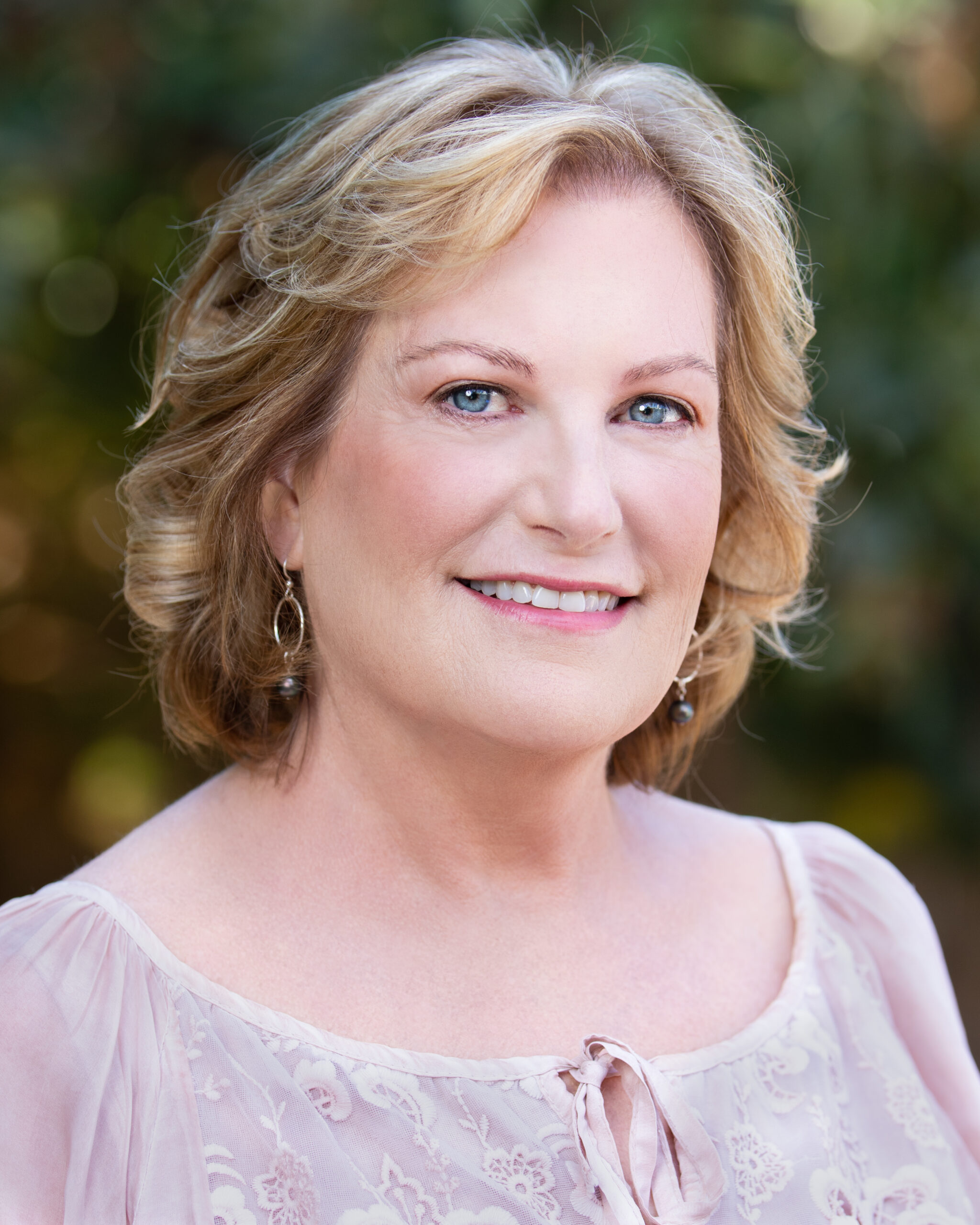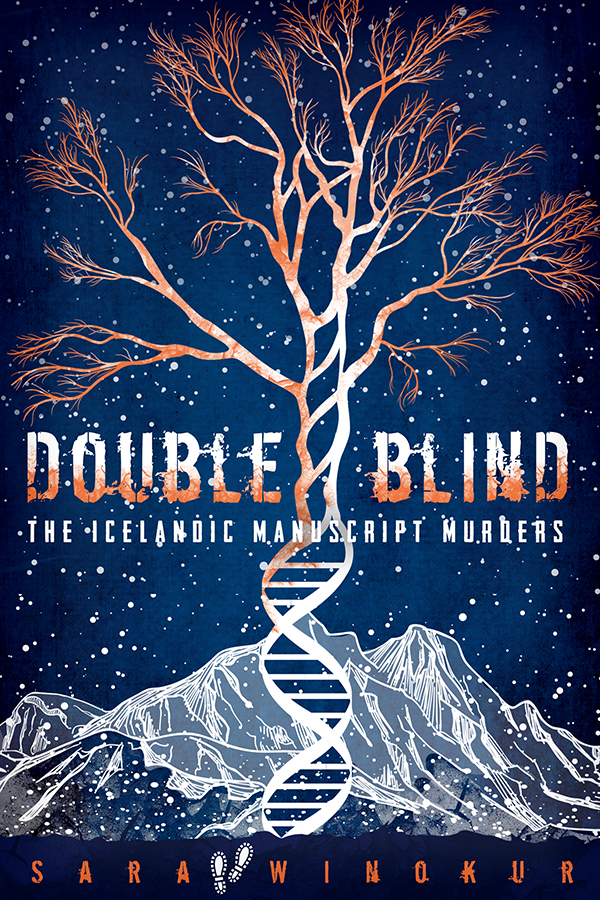Sara Winokur is a geneticist, researcher, and author. Sara has a Master’s Degree in cytogenetics and a Ph.D. in molecular genetics. Her research helped identify mutations underlying muscular dystrophy, Huntington’s disease, dwarfism, and a rare craniofacial syndrome.
FWM: How challenging was it to go from Scientist to Novelist?
It certainly was a challenge but a welcomed one. I’m fortunate to have two rewarding careers: a university research career in genetics and one as an author of fiction. In my research, I was on the team that isolated the genes associated with Huntington’s disease and muscular dystrophy. I’ve written and published many scientific articles but writing a novel is an entirely different undertaking! (who knew 😉 However, there definitely are some commonalities.
Scientists are problem solvers. And so are writers. There’s always a tug-of-war between the right and left brain, between the freedom of creativity and the precision of an analytic approach. So sometimes they battle it out. I’ve always enjoyed a puzzle – fitting together all the pieces to make sense of the whole applies to both science and to writing a novel. My creative writing career started when I took a step back from science after being diagnosed with ovarian cancer and decided to reinvent myself (I’m doing just fine ten years later, with no sign of cancer. For that, and for many other things, I am so grateful). I’m a research groupie. After I left science, the passion to get to the bottom of an issue did not leave me. When I decided on Iceland for the setting of my book, I researched the heck out of Iceland’s culture, history, literature, geography, and cuisine. It was important for me to be true to their culture. I have traveled extensively throughout Iceland on many occasions.
FWM: What is it about writing a novel that intrigued you?
I knew I wanted to write a mystery involving genetics and how it affects our lives. Scientists don’t always do a great job explaining to the general public what they do. Because of this, I thought writing a novel would be a good opportunity to use genetics as part of the mystery. I’ve always been a big fan of Nordic noir, so when I learned that Iceland has a DNA database of the majority of its citizens, I thought that might be a good place to start. On my first visit to Iceland eight years ago, I was enamored by the kind of eerie, otherworldly landscapes and very remote farmsteads and thought, well, this is a great place for a mystery surrounding the disappearance of a young boy. I am enamored by the great spirit of Icelanders. They are creative, hard-working, and resilient people who also love to have a good time. I incorporated much of their culture and history in the book, everything from eating fermented shark to listing people by first name in the telephone book to the dating app informing users how closely related they are so that you don’t stumble home from the bar with your second or third cousin (most of its 350,000 people are descended from the same Viking settlers).
FWM: You have dedicated your second career as an author of historical fiction and forensic mysteries. Tell us about your new novel, Double Blind: The Icelandic Manuscript Murders.
Double Blind: The Icelandic Manuscript Murders is a mystery-thriller about a young forensic geneticist, Brynja Pálsdóttir, who uses the Icelandic DNA database to solve crimes.
Twenty years after her young brother vanishes from an Icelandic fjord, a mysterious poem containing clues to his whereabouts lands on her desk. As Brynja unravels the clues, more poems arrive, each bearing dire consequences for those who receive them: the guard carrying a medieval manuscript, the prime minister’s secretary, the local pastor. Is the poet out to stop Brynja from finding her brother and shut down her access to the DNA database? Or is the verse maker simply a psychopath copycat killer? Fighting the visual auras that have plagued her since childhood and now threaten everything she holds dear, Brynja must summon the strength to navigate the twisted labyrinth of the poet’s mind and confront the dark secret buried in her family’s past before she herself becomes the target.
FWM: The lead character is a strong female. When did the character first come to you?
One of the themes in my book is that of destiny – whatever you might call that. Fate, fortune, karma. . . and the role that we play in that. How much control of our destiny lies within us rather than being pre-determined by us by our situation, our genetics, our family, etc. I wanted my main character Brynja to evolve so that she took more and more control over her own life circumstances. She has always felt responsible for losing sight of her brother (even though they were only seven when he disappeared). The character came to me because I wanted her to be a strong, persistent woman who never gives up. I decided to make her a forensic geneticist because this was a career in which she could take control and likely enable her to find her brother. She at the same time has empathy for other victims of crime and helps them find closure as well.
FWM: How does your love for travel and culture play into your mystery?
I’ve traveled all over the globe and people all want the same – security for their family, the freedom to practice their beliefs, access to health care, the comfort of community in whatever form that takes. I am a visual person. I love immersing myself in the senses and sensibilities of other cultures and translating that into words. The landscapes, the people, the food, the smells, the touch. . .all of it. I chose Iceland for my novel Double Blind because these visuals and senses are like nowhere else in the world. In addition, the subarctic isolation seemed a perfect setting for a mystery.
FWM: There is a lot of symbolism in Double Blind. Why is this so important to your story?
Even the title Double Blind has several layers of meaning. First, the protagonist Brynja is haunted, you could say blinded, by the disappearance of her twin, her ‘double’.
Second, she’s a geneticist that uses DNA to solve crimes and, as you know, DNA is a double helix. Lastly, Double Blind is a scientific term in which the identity of individuals is hidden. This plays into the central mystery of the book. I also took poetry and passages from the medieval Icelandic sagas to use as clues to what happened to the Brynja’s long-lost brother. This was important to me as I wanted to invite the reader in to help solve the mystery.
FWM: What is buried in the dark takes time to haunt and torture- until it comes to light.” How does this relate to your novel?
Brynja is haunted and tortured by the loss of her brother twenty years ago. Not only did he disappear from an icy fjord, but she has always felt responsible since she had been asked to keep an eye on him at the carnival. Instead, she chose to ride the carousel and (from the book) “She climbed atop a painted pony. The merry-go-round jerked, then spun about, faster and faster, until the waves of her hair flew with the horse’s mane. Soaring above the crowd, she let go of the reins, lifted her face to the sun, and kissed the clear, blue sky. With each exhilarating turn, Lúkas grew smaller and smaller, until, when the carousel slowed and the horses reared to a halt, he was nowhere to be seen.” Years later, after an exhaustive search (I can’t tell you the ending here, of course) Brynja realizes that she is not responsible and no longer feels tortured by her role in his disappearance.
FWM: Why will people enjoy this wild ride through the cultural landscape of Iceland?
On my first visit to Iceland many years ago, I was in awe of the volcanos, glaciers, waterfalls, geysers. . .Iceland has it all. Furthermore, Icelanders are such intelligent, creative, (yes, sometime quirky) people. They are also so resilient, and I admire that greatly. Most Icelanders are descended from a hardy group of settlers a thousand years ago.
Imagine sailing a wooden ship across the stormy arctic sea only to set foot on a dark, icy landscape with few livestock and sparse sources of food due to the cold climate and short growing season. Yet they created the first extant parliament, designed and implemented a structured society, and wrote some of the very first manuscripts of historical fiction. The Icelandic Sagas are based on true events and families living in Iceland a thousand years ago.
These manuscripts are Iceland’s national treasure. By weaving Icelandic history, culture, cuisine and manuscripts into the plot, readers will enjoy the ride and feel as if they’ve experienced all that Iceland has to offer.
FWM: Where can be learn more?
I have a website www.sarawinokur.com where I post blogs, news and information about genetics, Iceland, and writing. I also have a Facebook page: Sara Winokur, Author and Instagram account: sara_winokur Readers can find my book on Amazon, Barnes & Noble, or many independent bookstores



